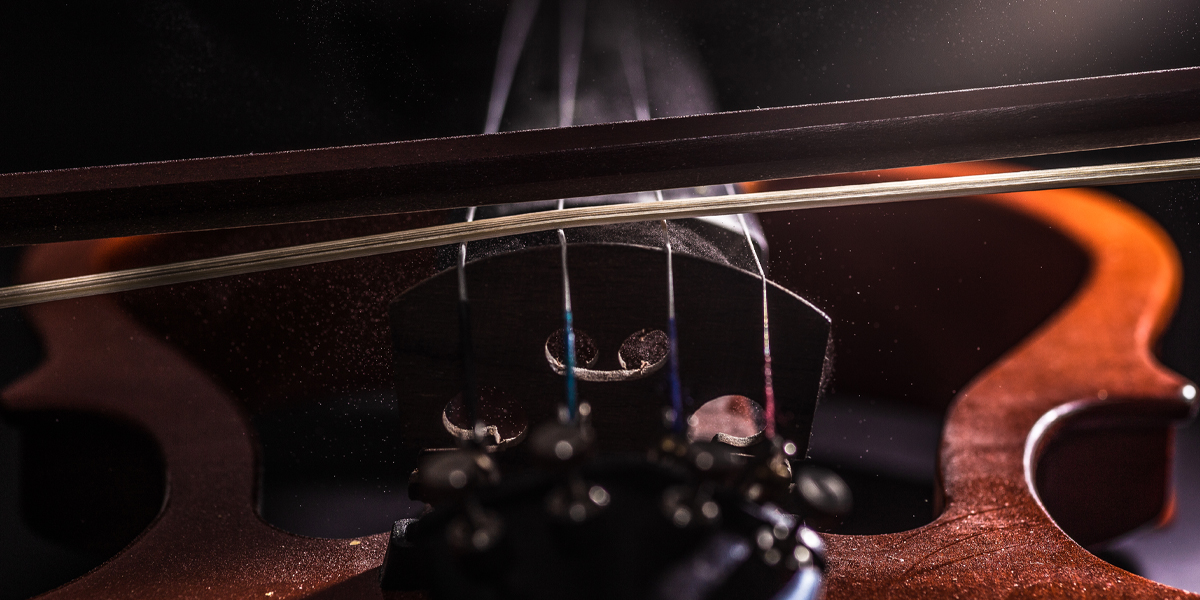The viola is a bowed string instrument that sits between the violin and the cello in size and voice. It has a deeper, warmer timbre than the violin, and its range makes it vital for harmony, countermelodies, and rich solo passages. Played with a bow or plucked, it uses alto clef and rewards careful setup, quality wood, and skilled craftsmanship. This guide surveys Top 10 Viola Brands in the World to help learners and advanced players compare build quality, tone, and value. It outlines workshop traditions, materials, and model tiers so that selection becomes easier and more confident.
Yamaha
Yamaha serves a wide range of violists, from beginners to conservatory students, with instruments known for consistency, clean workmanship, and reliable setup. The company balances modern production with musical sensitivity, so intonation feels secure and response arrives quickly under the bow. Tops are typically carved from selected spruce with maple back and ribs, paired with ebony fittings and quality strings for stable tuning. Entry models prioritize comfort and durability, while advanced lines emphasize projection and nuanced color. Dealer support, warranties, and broad availability make trial and maintenance straightforward, which matters when practice schedules and ensemble work are demanding.
Eastman Strings
Eastman balances traditional carving with careful graduation, delivering instruments that speak easily and mature with playing. Many models feature hand applied varnish that supports a clear, warm voice suited to orchestral and chamber settings. Setups from reputable dealers often include quality bridges, tailpieces, and strings, which improves resonance and stability. Student violas emphasize comfort and evenness across registers, while step up and professional models add complexity, projection, and refined overtone content. Eastman offers wide distribution and stable quality control that help players move through sizes and levels smoothly, avoiding surprises when upgrading for auditions or new repertoire.
Scott Cao Violins
Scott Cao instruments are admired for thoughtful arching, precise graduation, and a singing upper register balanced by a solid viola core. Workshops integrate bench maker oversight with trained teams, keeping tolerances tight and sound consistent. Models range from approachable student instruments to advanced replicas inspired by historical patterns, with attention to wood selection and varnish flexibility. Players often note quick response at soft dynamics and reliable projection in larger halls. Good dealer setups and optional upgrades such as higher grade bridges or finer strings make personalization easy, letting advancing violists shape tone without sacrificing playability or balance.
Jay Haide
Jay Haide is a respected workshop brand associated with consistent tone, tasteful antiquing, and strong value for serious students. The violas typically use seasoned spruce and maple, with careful plate tuning that yields warmth without sacrificing clarity. Models step through tiers that add complexity and projection, supporting orchestral parts and solo repertoire. Dealers often deliver these instruments with thoughtful setups that include quality bridges and comfortable chinrests, which helps with endurance in long rehearsals. Players appreciate the balance between price and performance, finding that Jay Haide offers a dependable path for growth before moving to individual bench made instruments.
Gliga
Made in Romania, Gliga workshop violas are known for warm, round tone colors and visually appealing flame on maple backs. The company offers graded lines that progress from durable student instruments to more refined models with greater projection and nuance. Hand carving and oil style varnish contribute to resonance, while comfortable neck profiles support relaxed left hand technique. Outfits often include protective cases and dependable bows, which simplifies an initial purchase. For players seeking an instrument that blends affordability with character, Gliga provides a friendly entry point and a clear route to upgrade as technique and musical demands expand.
Stentor
Stentor is a widely available brand for first instruments, praised for durability, stable construction, and practical value. These violas are designed to survive daily school use while offering a musical starting point for tone development and intonation practice. Carved tops and solid fittings are commonly matched with factory strings, and many players upgrade strings quickly for better response. Teachers appreciate clear sizing options and consistent setup that makes classroom tuning faster. As students progress, Stentor provides step up models that add resonance and projection, creating a steady ladder from early lessons to youth orchestras and community ensemble participation.
Hofner
Hofner brings a long European instrument tradition to accessible workshop violas that favor clean craftsmanship and dependable tone. Wood choice and careful plate work create a centered sound with good sustain, which blends well in section playing and supports confident intonation. Models progress through levels that add responsiveness and projection, while tasteful varnish work protects the wood and enhances resonance. Dealers usually refine bridges and nuts so that string heights feel comfortable from first position through higher shifting. For players who value heritage along with consistency, Hofner offers a reassuring mix of musicality, reliability, and thoughtful finishing details.
D Z Strad
D Z Strad is known for workshop violas that deliver strong value with a warm, projecting voice. Instruments arrive with quality fittings and are often paired with upgraded strings, giving new owners a positive first impression of tone and response. Graduation and arching are designed for evenness across registers, so the C string speaks with presence while the A string remains clear. Finish work ranges from clean modern to light antiquing, and setups are generally comfortable. Advancing students find that these models carry sound well in ensemble spaces, supporting growth toward more demanding repertoire and expressive phrasing.
GEWA
GEWA combines German design sensibilities with efficient production, offering violas that emphasize stability, clean lines, and musical balance. Attention to neck shape and fingerboard geometry supports accurate shifting and reduced fatigue. The company offers clear model steps, each adding projection, complexity, and refined response to bow changes and vibrato. Protective outfits and well designed cases are a further advantage for students who travel to rehearsals. The brand maintains strong quality control and durable finishing that give teachers and players confidence, while tonal character remains flexible enough to adapt to orchestral, chamber, and solo contexts as skills advance.
Suzuki
Suzuki violas reflect a lineage tied to string education, with instruments tailored for reliable intonation and approachable tone production. Students benefit from consistent sizing, comfortable necks, and sturdy construction that holds up to daily practice. As players improve, step up models add resonance, dynamic headroom, and quicker response to nuanced bow strokes. Dealers frequently fine tune bridges and soundposts to match individual needs, which encourages healthy technique and a singing legato. Teachers often recommend Suzuki for its predictable performance and availability, making it a practical choice for schools and private studios that require dependable instruments across many sizes.

